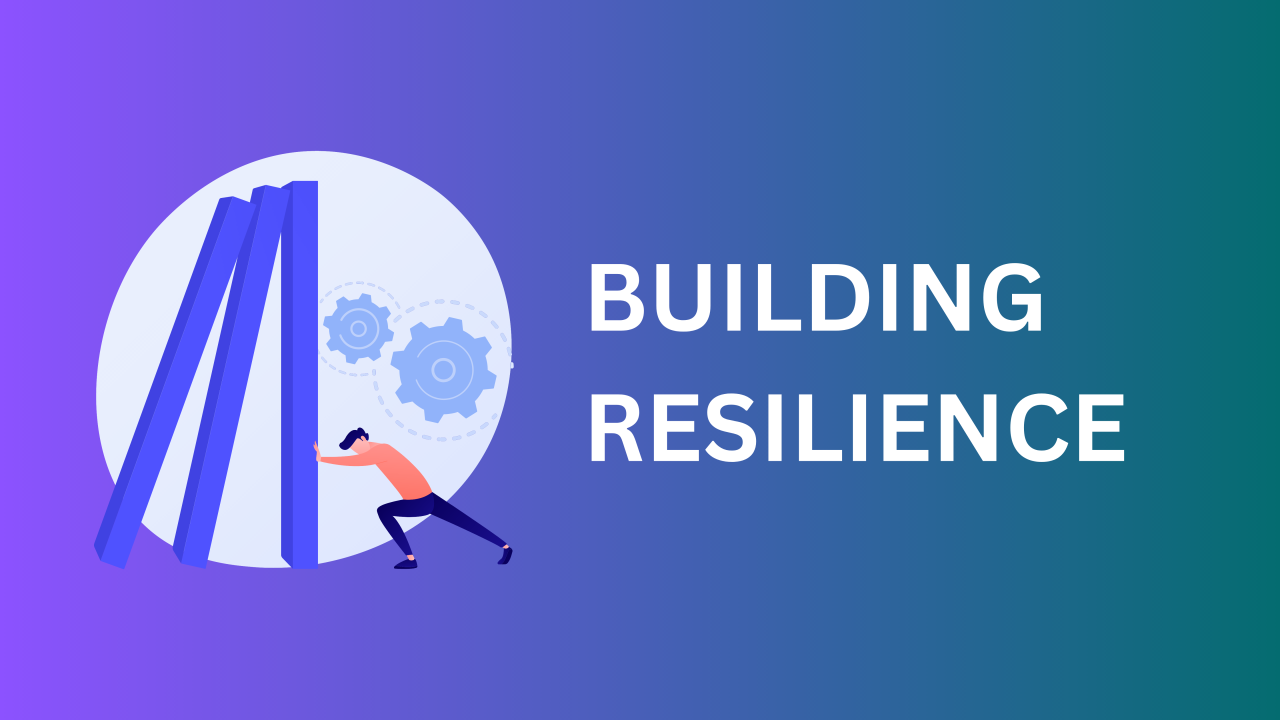Life is filled with ups and downs, and our ability to cope with challenges plays a crucial role in our overall well-being. Coping strategies are essential tools that empower individuals to navigate adversity, build resilience, and emerge stronger.
In this article, we’ll explore various effective coping strategies that can be incorporated into daily life to better manage stress and overcome life’s hurdles.
Mindfulness Meditation
Mindfulness meditation is a powerful practice that encourages living in the present moment without judgment.
By cultivating awareness of thoughts and emotions, individuals can develop a more balanced perspective on challenges. Regular mindfulness meditation helps reduce stress and enhances emotional regulation.
Positive Reframing
Reframe negative thoughts into more positive and constructive ones. Instead of viewing a situation as insurmountable, try to identify potential opportunities for growth or learning.
Shifting your perspective can empower you to face challenges with resilience and creativity.
Journaling
Expressing thoughts and emotions through writing can be a therapeutic outlet. Journaling provides a space for self-reflection, helping individuals process their experiences and gain insights into their emotions. It can also serve as a tool for tracking personal growth and identifying patterns.
Social Support
Reach out to friends, family, or a support network when facing challenges. Sharing your feelings with others can provide emotional validation, different perspectives, and a sense of connection.
Strong social support is a key factor in building resilience and coping effectively with stressors.
Time Management
Organize tasks and prioritize responsibilities to reduce feelings of overwhelm. Break down larger tasks into smaller, more manageable steps.
Effective time management allows individuals to take control of their schedules and create a sense of accomplishment.
Healthy Lifestyle Choices
Maintain a balanced and healthy lifestyle to support overall well-being. Regular exercise, a nutritious diet, and sufficient sleep contribute to physical and mental resilience.
Taking care of your body can enhance your ability to cope with stress and bounce back from challenges.
Humor and Laughter
Humor is a natural stress-reliever. Finding moments of levity, whether through humor, laughter, or engaging in enjoyable activities, can provide a welcome break from stressors. Laughter releases endorphins, promoting a positive mood and reducing tension.
Cognitive Restructuring
Challenge and reframe negative thought patterns. Identify irrational or unhelpful thoughts and replace them with more rational and positive alternatives.
Cognitive restructuring helps individuals develop a more balanced and realistic perspective on challenges.
Mind-Body Techniques
Explore mind-body techniques such as yoga, tai chi, or deep-breathing exercises. These practices combine physical movement with breath awareness, promoting relaxation and reducing the physiological effects of stress. Integrating these techniques into your routine can contribute to overall well-being.
Seeking Professional Help
If challenges become overwhelming, consider seeking support from mental health professionals.
Therapists, counselors, or psychologists can provide valuable guidance, coping strategies, and a safe space to explore and address underlying issues.
Conclusion
Effective coping strategies are essential tools for navigating life’s challenges with resilience and grace.
By incorporating these practices into your daily life, you can develop a strong foundation for coping with stressors, fostering personal growth, and building lasting resilience.
Remember that coping is a dynamic process, and finding a combination of strategies that work best for you is a personal journey towards enhanced well-being.

Leave feedback about this